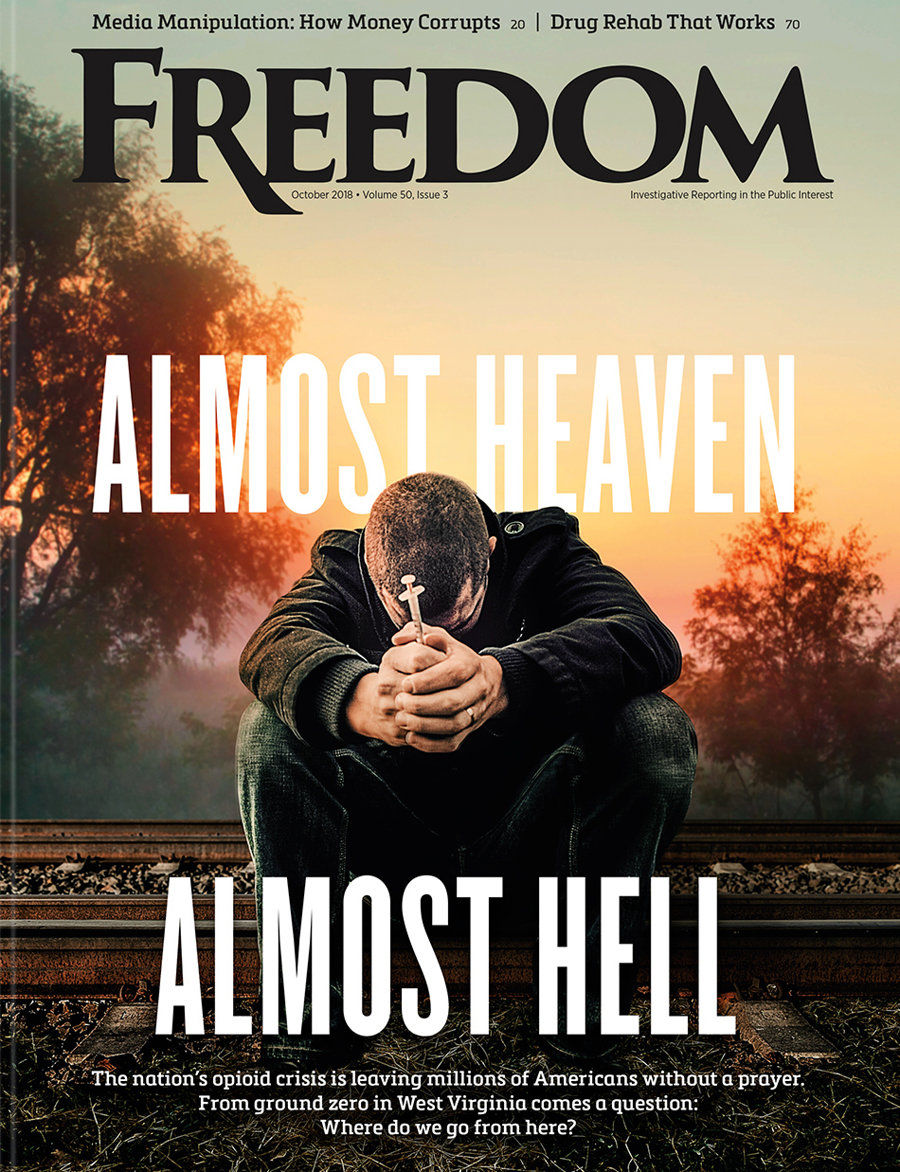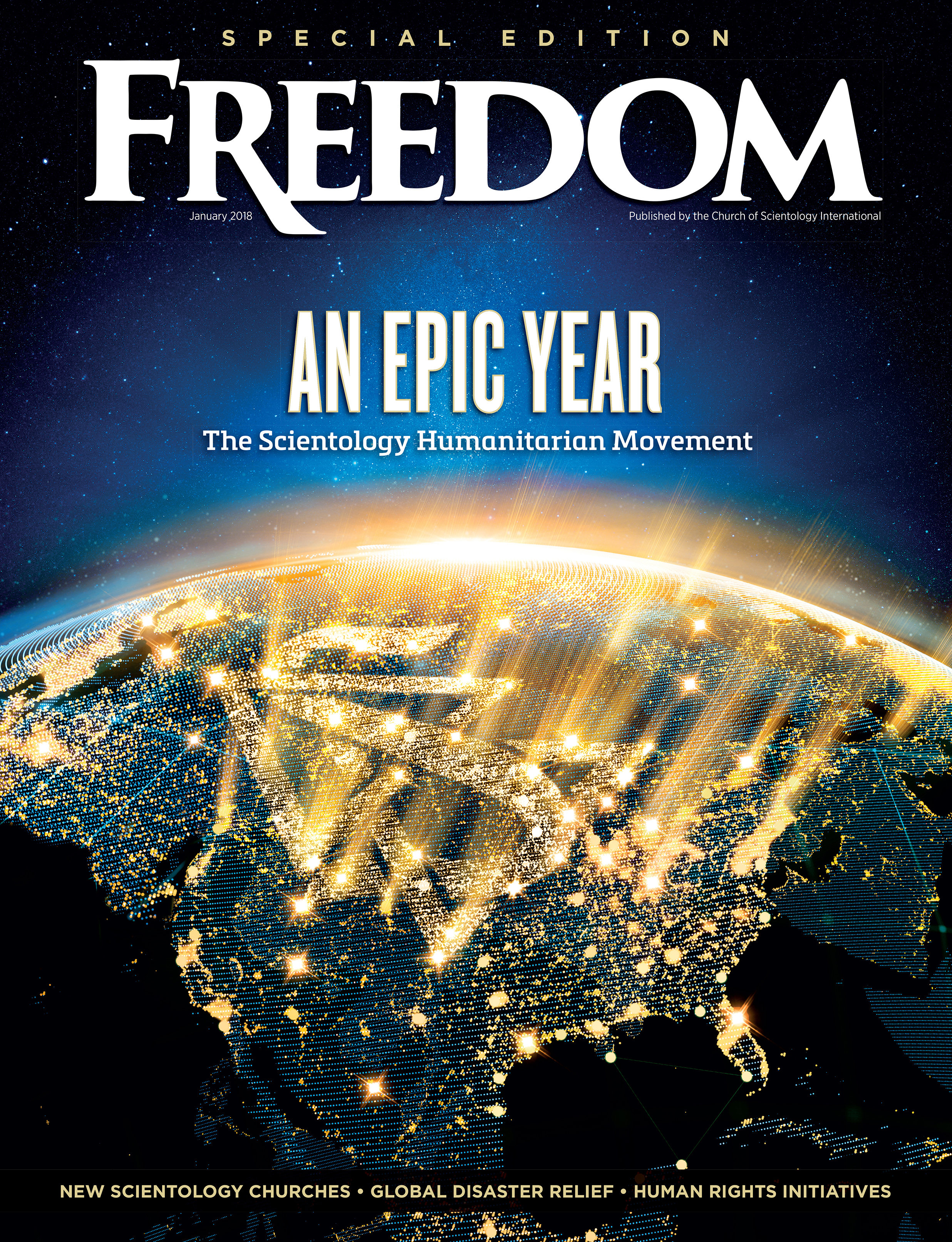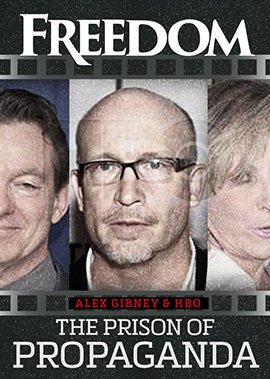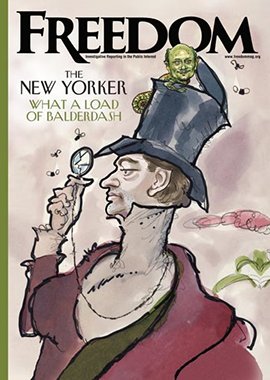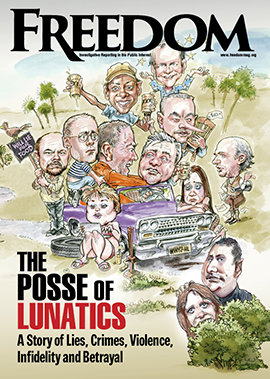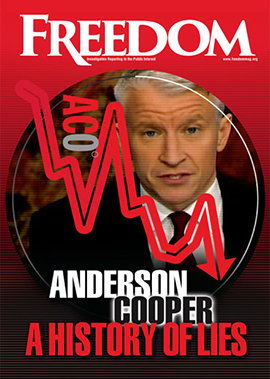The victims forced into prostitution are largely women and girls, with less than half from within the EU. In the Czech Republic, 45,000 live in modern-day slavery. In Germany, 47,000 are treated as property. But some 800 German police officers—working in close cooperation with Czech authorities—conducted raids on April 9 across more than 30 locations, the result of a Europol-coordinated investigation by Germany and the Czech Republic into a human smuggling ring. After detaining multiple people in both countries, police arrested two suspects in Germany and two men and a woman in the Czech Republic who now face charges of human trafficking. The three will be extradited to Germany. Modern slavery hides in plain sight. The recent raids continue a hopeful pattern: Since October 2023, over 2,000 smugglers have been arrested by German police through border controls, with the number of trafficked individuals discovered decreasing from 40,000 to 10,000 last year, according to the German Interior Ministry. A new factor was introduced leading to that wave of arrests: police checks at all German land borders. Interior Minister Nancy Faeser summed up the net effect: “Controls work,” she said. Increased law enforcement recruitment has also played its part, according to Faeser. “We have strengthened the Federal Police by 1,000 posts in recent years.” 
Other countries, are you taking notes? Tighter border controls and increased law enforcement—wisely placed—appear to effectively limit human trafficking. The human rights NGO Walk Free has weighed in on the issue, offering three recommendations of their own for further progress: criminalize forced labor, criminalize commercial sexual exploitation of children and increase the legal age of marriage to 18. Nobody wants the jagged line on the graph of victims of human trafficking to continue rising, as it has in recent years—now at 65.3 million enslaved. We need all hands on deck, and we need to implement and share whatever effectively curbs the crisis. What does that mean? For the professionals—law enforcement, lawmakers, advocates and NGOs—that means funding, coordination, timing, intelligence, border controls and airtight legislation. For you and me, it means awareness. Just awareness. You may have noticed messages popping up on billboards, on digital platforms and on posters in doctors’ offices. The messages, large and small, placed by the global nonprofit A21 and others dedicated to the fight against trafficking, all communicate the same thing: Be alert. Modern slavery hides in plain sight. The victims are sucked into an exploitative web they can’t escape. Their exploiters count on us not to notice—count on being invisible themselves. But more of us are looking now. And more of us are acting on what we see. | |
Major Raids in Germany and Czech Republic Target Human Trafficking Ring
Last year, Germany slashed victim detections by 75 percent. The results are in—are other countries paying attention?






